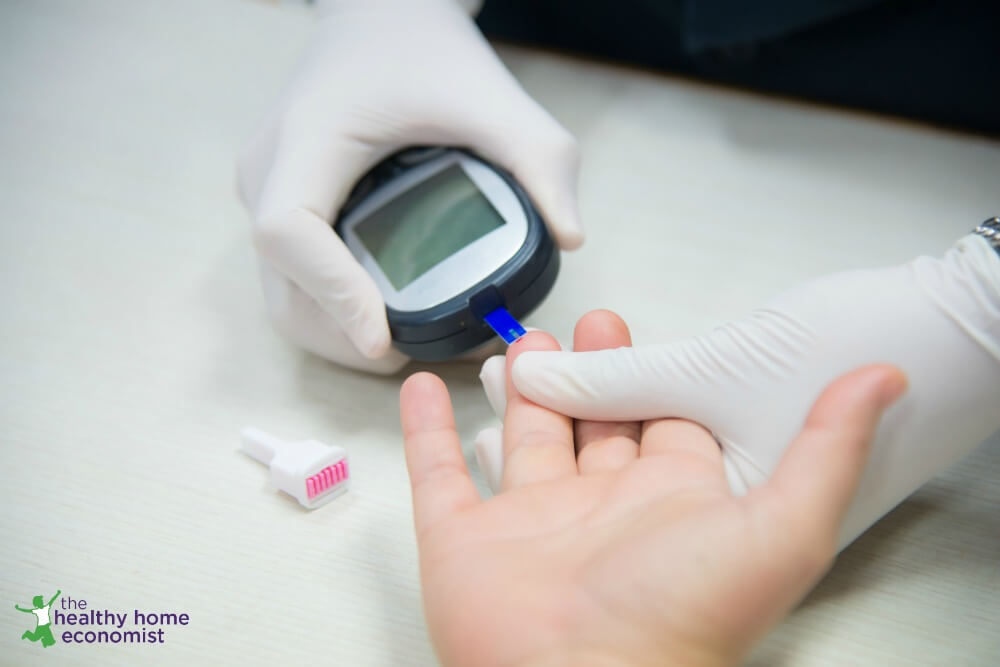
For many patients, it starts with a little back pain and urine discoloration — symptoms that are easy to ignore and very forgettable.
But, either quickly or over time, the back pain becomes chronic and the discolored urine alarming. Those early signs of bladder cancer aren’t easily detectable. That’s why it’s such a sneaky disease. And that’s why type 2 diabetes patients taking pioglitazone (brand name Actos) need to be on the alert.
The FDA warns about Actos and bladder cancer to type 2 diabetes patients taking the drug. Other alarming Actos side effects include bone fractures, degenerative eye disease, and congestive heart failure.
Actos: The Next Great Diabetes Drug?
Introduced in the United States in 1999, Actos was supposed to be the next great drug to treat type 2 diabetes. The drug’s inventor and manufacturer, Takeda Pharmaceuticals, said Actos helps increase the body’s sensitivity to insulin, a hormone produced in the pancreas that controls blood sugar levels. It was supposed to lower the risk of heart problems.
As is the case with many drugs, the marketing hype did not match the reality.
Actos belongs to the much-maligned class of drugs called thiazolidinediones. Of the three drugs in its class — Actos, Avandia, and Rezulin — Actos is the only drug that remains on the market.
The other two have been either recalled or severely restricted because of their detrimental health effects. All three drugs are known to work in the same manner.
Pioglitazone Remains on the Market Despite Alarming Health Concerns
Although initial clinical trials showed that Actos may be linked to bladder cancer, the U.S. Food and Drug Administration (FDA) allowed the drug on to the market with the stipulation that further testing be conducted. Takeda started its 10-year look into the bladder cancer risk in 2002. When the first five years of that study showed a 40 percent increased risk of bladder cancer for those taking Actos longer than a year, a firestorm of controversy erupted.
French and German drug regulators responded by recalling the drug. (1)
In the United States, the FDA put a new warning on the drug label. The end of the study, which comes in late 2012, coincides with Takeda losing its exclusive patent on Actos sales and the windfall that comes with it.
Coincidence? Perhaps not.
Some Doctors Refuse to Prescribe Actos
For many U.S. medical specialists, the FDA’s response was not strong enough, so they took matters into their own hands. Doctors yanked their patients off the drug, switching them to more trusted medicines like metformin.
Other researchers decided not to wait to see what Takeda’s study would show in the end, instead starting independent studies of their own.
One such study conducted by Canadian researchers found that the risk is much higher than first believed — Actos patients face an 80 percent increase in the risk of bladder cancer over those taking other diabetes medications. (2)
When you add the bladder cancer risk to the drug’s propensity to cause congestive heart failure, it truly is a recipe for a medical disaster.








Diet does not ALWAYS change the course of type 2 diabetes, at least not in me…so far. I’m prediabetes, eat real whole foods, low blood pressure, waist girth is smaller than my hips, decent cholesterol leves and about 15 lbs. overweight (doesn’t budge). I’ve primarily been low carb Paleo for about a year and a half, anytime I eat a potato or what have you, my blood sugar responds in a bad way, so I eat meat and veggies. Low carb throws me into a low thyroid mess, so I cannot go vlc as I was when I found out I was prediabetes.
If I were a SAD consumer then I would understand my problem and how I need to change it up, but I’m not and still deal with being prediabetes. Diet is not always the problem or the answer.
I am not on any medication, but the doc is pushing.
Would love to find supplements that could help me out along with diet control.
I definitely do not want to be on any drug for life.
My husband is on this drug. He isn’t even diabetic- they call it “pre-diabetic”! I am begging him to go off of this medication.. thank you so much for posting this.